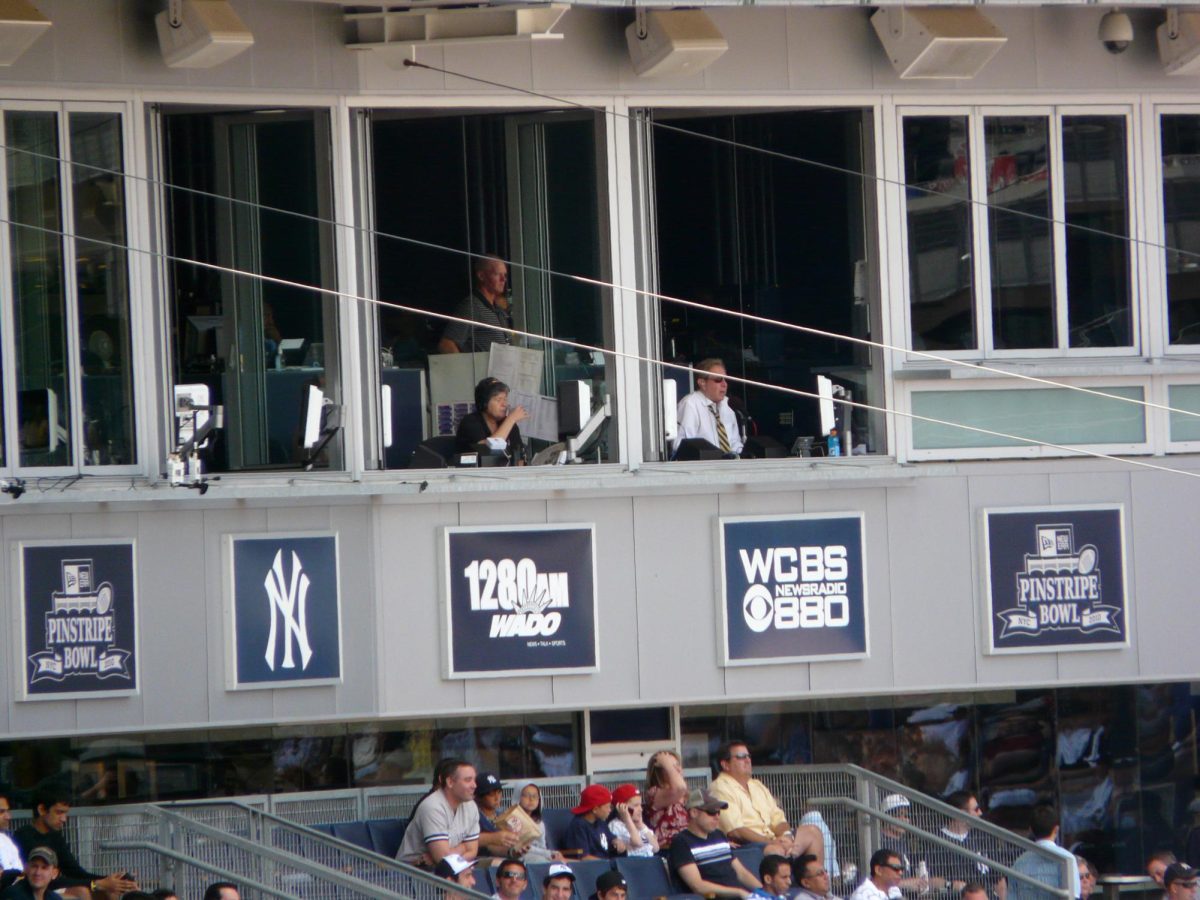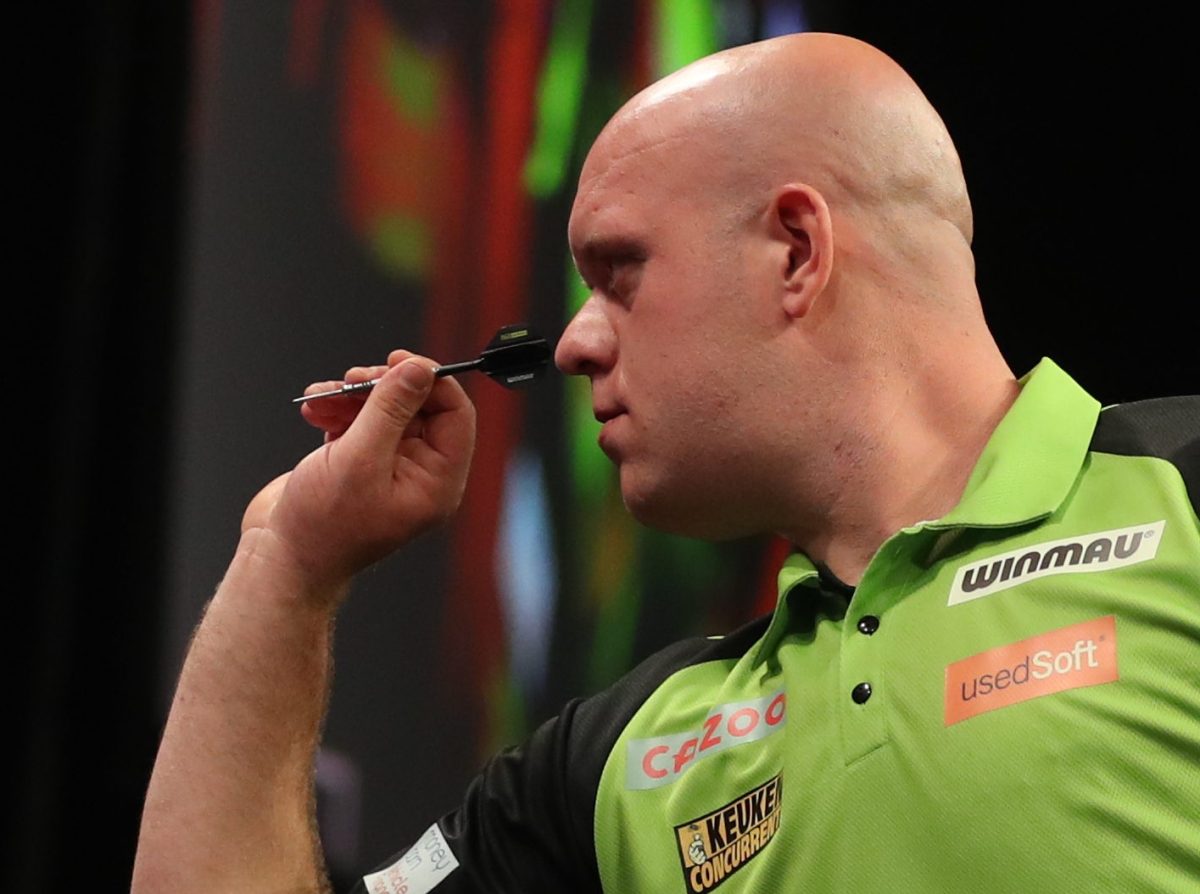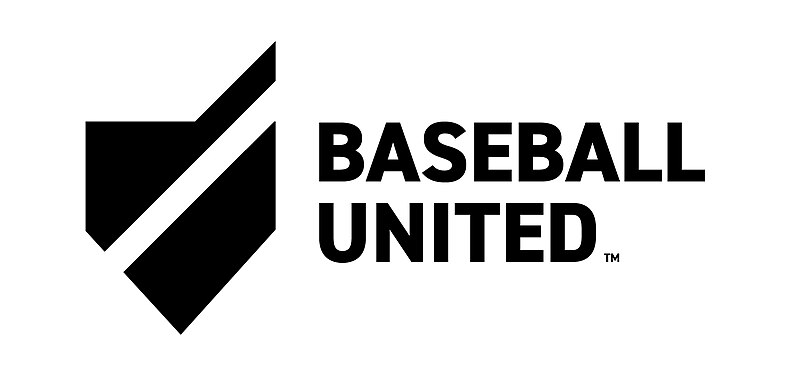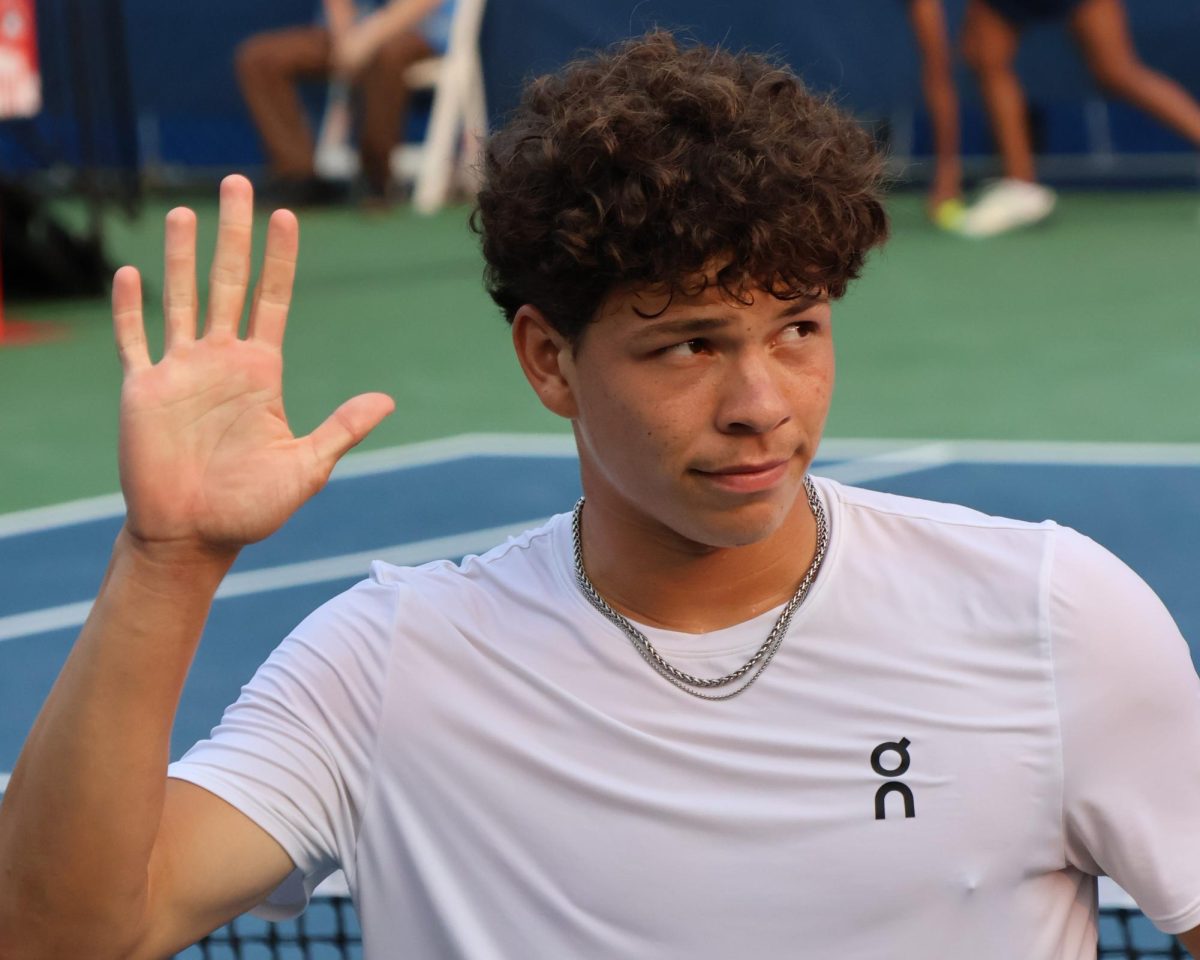After a grueling 34-game, five-month regular season, the Minnesota Lynx are facing the Indiana Fever in the WNBA Finals. If you like watching sports that lull you to sleep, make sure you tune in to catch the excitement. If you prefer watching sports that have more fans than players, you should probably stick with football and playoff baseball.
The WNBA is mired in irrelevance: You have to go to the back page of the sports section, read the box scores in fine print and thumb through stories of offseason deals and NASCAR controversies before you even get to it. Its regular-season games are about as popular as high school football games, and the attendance, TV ratings and profit margins all attest to its lack of a fan base.
Founded in 1996, the league barely made it through its first decade of existence. During the mid-2000s, the NBA spent over $10 million per year to keep the WNBA financially solvent, and its teams still lost money.
This year, league attendance is at a paltry 7,400 fans per game, a number that has been steadily declining since its peak of 11,000 in 1998. The league’s main sponsor is the cell phone shrimp Boost Mobile, and even with ESPN and ABC television contracts, average viewership is only at 270,000 per game. To put that in perspective, the NBA regularly eclipses two million viewers every night.
A large part of the reason for the WNBA’s anonymity is the fact that it is so hopelessly overshadowed by the behemoths of the industry. The NBA, MLB and NFL all produce significantly better products than the WNBA. With a season that overlaps each of these professional sports, women’s basketball does not stand a chance. They are all competing for media attention and airtime, and the boys always win.
Ladies, I am not a misogynist. I support women’s athletics. Some of my fondest sports memories are of watching Abby Wambach — the pride of my hometown of Rochester, N.Y. — strike headers into the back of the net while leading the U.S. women’s soccer team in thrilling runs at both the World Cup and the Olympics. I took a great deal of pride in watching our female Olympians compete this summer.
So this is not a criticism of women’s sports. This is a criticism of women’s professional basketball.
Maybe I have a weird taste in sports. I like action. I like home-run swings and goal-line leaps. I like diving headers and swift footwork. I like looping curveballs and 5-yard pounds up the middle. I like it when dunks aren’t the exception but the norm, as they are in the NBA.
I also like tradition. I honor legendary figures and respect the records of the past. Excitement keeps us entertained in the short term, but history keeps us loyal.
But the WNBA is neither exciting nor historical.
Despite the challenges, however, the WNBA keeps chugging along resiliently. While it does not make much money, attract many fans or make a lot of headlines, was being popular ever its purpose? Perhaps the league was created not to make a profit but to make a statement.
Just as women are making advances in politics and education, they are also trying to break the status quo in an industry dominated by testosterone. “ESPN W,” a new website dedicated entirely to women’s sports, mirrors this revolution against the status quo.
The website is run by women writers and analysts, who rarely appear on the parent website. They are creating their own niche in sports journalism, filling it with stories like the resurgence of Baylor women’s soccer and the death of an LPGA official of West Nile virus.
With about as many Facebook likes as my own column, they are not exactly grabbing a lot of attention. But at least the website exists, right? The importance of women’s sports transcends their entertainment or historical value. They are here simply to challenge the boys.
That challenge is ultimately a weak one. Ideology and identity statements make for a nice, fluffy story. But it has created a sport founded upon sand. When you get down to the basics, sports are about entertainment, and women’s basketball will always be less spectacular and less appreciated than any show men put on.
If you want real gender equality, then, you’ll have to look somewhere else besides basketball.
Nick Fedyk is a junior in the School of Foreign Service. MORE THAN A GAME appears every Tuesday.




















